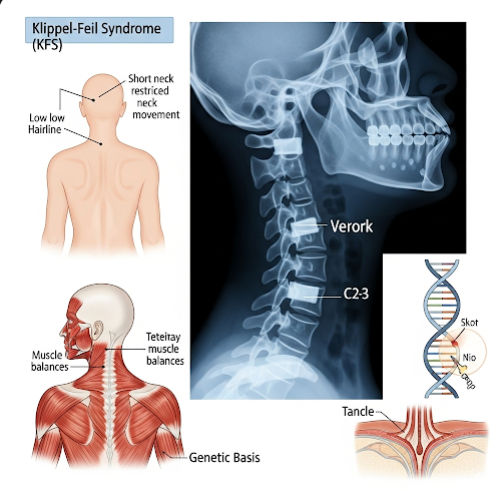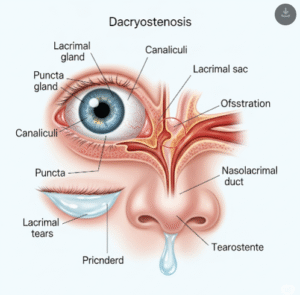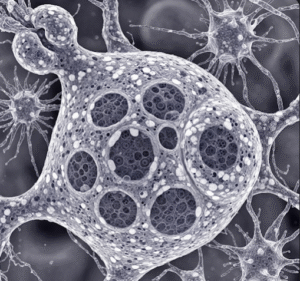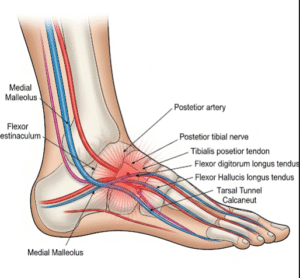Overview
Klippel-Feil Syndrome (KFS) is a rare congenital disorder characterized by the abnormal fusion of two or more cervical vertebrae in the neck. This fusion results in a short neck, limited range of motion, and other associated anomalies affecting the spine and sometimes other organs. Early diagnosis and management are important to address symptoms, prevent complications, and improve function. Korea offers specialized orthopedic and neurosurgical care with advanced imaging and individualized treatment strategies for patients with KFS.
What Is Klippel-Feil Syndrome?
Klippel-Feil Syndrome is a congenital condition where segments of the cervical spine are fused together due to faulty segmentation during fetal development. This fusion limits neck mobility and can cause neurological symptoms if the spinal cord or nerve roots are compressed. KFS may occur as an isolated spinal anomaly or in combination with other congenital defects, including scoliosis, heart defects, hearing loss, and kidney abnormalities.
Symptoms
- Shortened neck with limited ability to turn or bend the head
- Low hairline at the back of the head
- Restricted neck movement causing stiffness and discomfort
- Neck pain or headaches due to abnormal spine mechanics
- Neurological symptoms such as numbness, weakness, or tingling in the arms if nerves are compressed
- Scoliosis or abnormal curvature of the spine
- Associated features like hearing loss, heart murmurs, or kidney problems in some patients
Causes
KFS results from improper segmentation of cervical vertebrae during embryonic development, specifically between the 3rd and 8th week of gestation. The exact cause is unknown but may involve genetic mutations or environmental factors affecting fetal development. Several genes related to spine development have been implicated, and KFS can sometimes be inherited in an autosomal dominant or recessive pattern.
Risk Factors
- Family history of KFS or related congenital spine disorders
- Genetic mutations in genes regulating vertebral segmentation (e.g., GDF6, GDF3)
- Environmental factors during pregnancy affecting fetal spine development
- No known lifestyle-related risk factors
Complications
- Progressive spinal deformities such as scoliosis or kyphosis
- Cervical spinal cord compression leading to neurological deficits
- Chronic neck pain and reduced quality of life
- Increased risk of spinal instability and injury due to abnormal vertebral fusion
- Hearing loss and renal anomalies impacting overall health
- Respiratory difficulties in severe cases with associated thoracic deformities
Prevention
Since KFS is congenital and largely genetic, primary prevention is not currently possible. However:
- Prenatal genetic counseling for families with known history of KFS
- Early detection through prenatal ultrasound or postnatal imaging in suspected cases
- Avoidance of teratogenic exposures during pregnancy (e.g., certain drugs, infections)
- Close monitoring of infants born with spinal anomalies to initiate early intervention
Treatment Options in Korea
Korean healthcare centers offer a range of treatments focused on symptom management, functional improvement, and complication prevention:
- Conservative Management:
- Physical therapy to maintain neck mobility and strengthen supporting muscles
- Pain management using medications or therapeutic modalities
- Regular monitoring with imaging studies to assess spine stability and progression
- Surgical Interventions:
- Spinal decompression and fusion surgeries for patients with neurological symptoms or spinal instability
- Corrective surgery for scoliosis or other spinal deformities
- Customized surgical approaches using minimally invasive or robotic-assisted techniques
- Multidisciplinary Care:
- Collaboration among orthopedic surgeons, neurosurgeons, physical therapists, audiologists, and nephrologists to address associated conditions
- Hearing aids or cochlear implants for hearing loss
- Cardiology and nephrology consultations for heart and kidney anomalies
- Rehabilitation Services:
- Postoperative and ongoing rehabilitation to improve mobility and daily functioning
- Patient education on safe movement and injury prevention
Korea’s advanced diagnostic imaging, skilled surgical teams, and comprehensive rehabilitation programs provide effective management of Klippel-Feil Syndrome, improving patient outcomes and quality of life.













